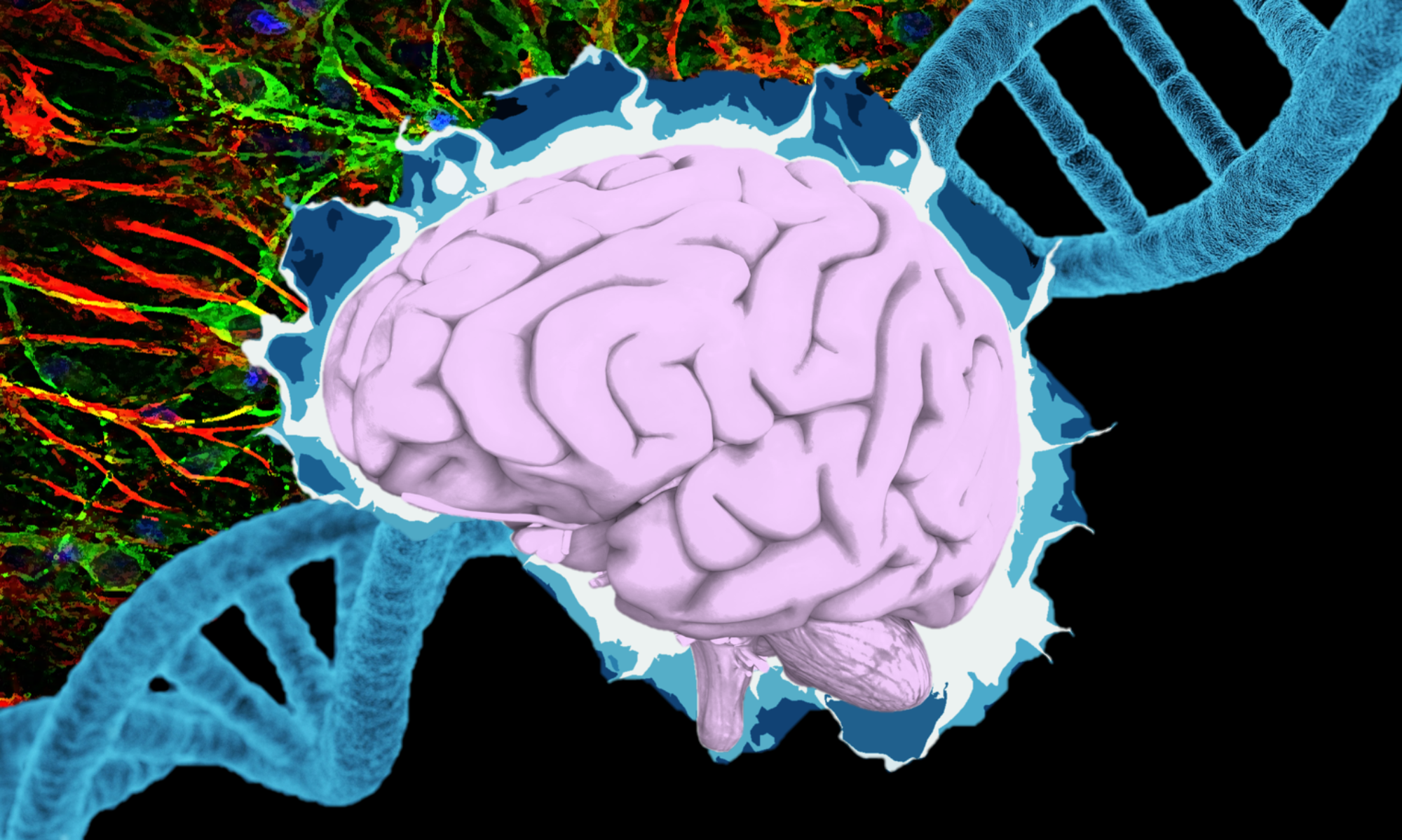
Amy Peters PhD, My research integrates cognitive neuroscience and immuno-endocrinology to understand risk, relapse, and treatment response in mood disorders across the lifespan. Specifically, I am interested in whether stress-related inflammatory and endocrine alterations disrupt neural circuitry supporting mood and executive functioning. The goal is to identify biochemical risk factors during sensitive periods that could be modified to deter cellular aging, metabolic burden, and neuro-progression in mood disorders. It is my hope this research will provide insights into the pathogenesis of mood disorders and facilitate targeted intervention of pathways to immune and endocrine dysfunction, potentially including exercise, diet, and immuno-modulating agents.

Robert Mealer MD, PhD, My main research goal is to understand the cellular and molecular functions of genes linked to schizophrenia through GWAS, and develop novel diagnostic and therapeutic biomarkers of disease.

Baktash Babadi MD,PhD, I am interested in visual disfunction in schizophrenia, which is mostly overlooked in clinical settings. The rationale for focusing on visual system is that it is the most extensively studied system in the brain across species, modalities, and methods. Therefore, by studying the deficits of primary visual processing in schizophrenia, there is hope that a combination of computational, behavioral, and neuroimaging techniques could shed some light on its underlying neural dysfunction. My current research project is to design a series of psychophysical tasks to track the deficits in visual information processing through the visual hierarchy, namely subcortical visual system, primary (V1), secondary (V2), and infero-temporal (IT) visual cortical areas, in schizophrenia. In parallel, I am developing a computational model that can potentially relate those deficits to certain aspects of excitation-inhibition imbalance in cortical circuits. Ultimately, the predictions of the model will be tested by functional neuroimaging in patients with schizophrenia.
 Lauren Breithaupt, PhD, My research utilizes large-scale epidemiological databases to understand patterns of risk in eating disorder development and then I explore these patterns of risk using structural and functional neuroimaging. My recent epidemiological work suggest that inflammation may play a role in the development of eating disorders. During my post-doctoral fellowship I will explore links the role of inflammation on reward functioning anorexia nervosa to better understand the emerging immunological hypothesis in AN.
Lauren Breithaupt, PhD, My research utilizes large-scale epidemiological databases to understand patterns of risk in eating disorder development and then I explore these patterns of risk using structural and functional neuroimaging. My recent epidemiological work suggest that inflammation may play a role in the development of eating disorders. During my post-doctoral fellowship I will explore links the role of inflammation on reward functioning anorexia nervosa to better understand the emerging immunological hypothesis in AN.

